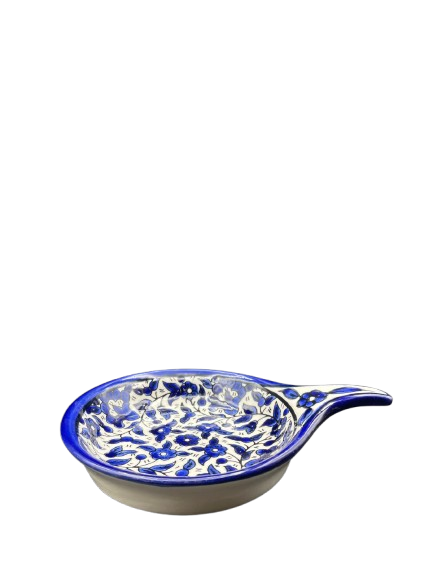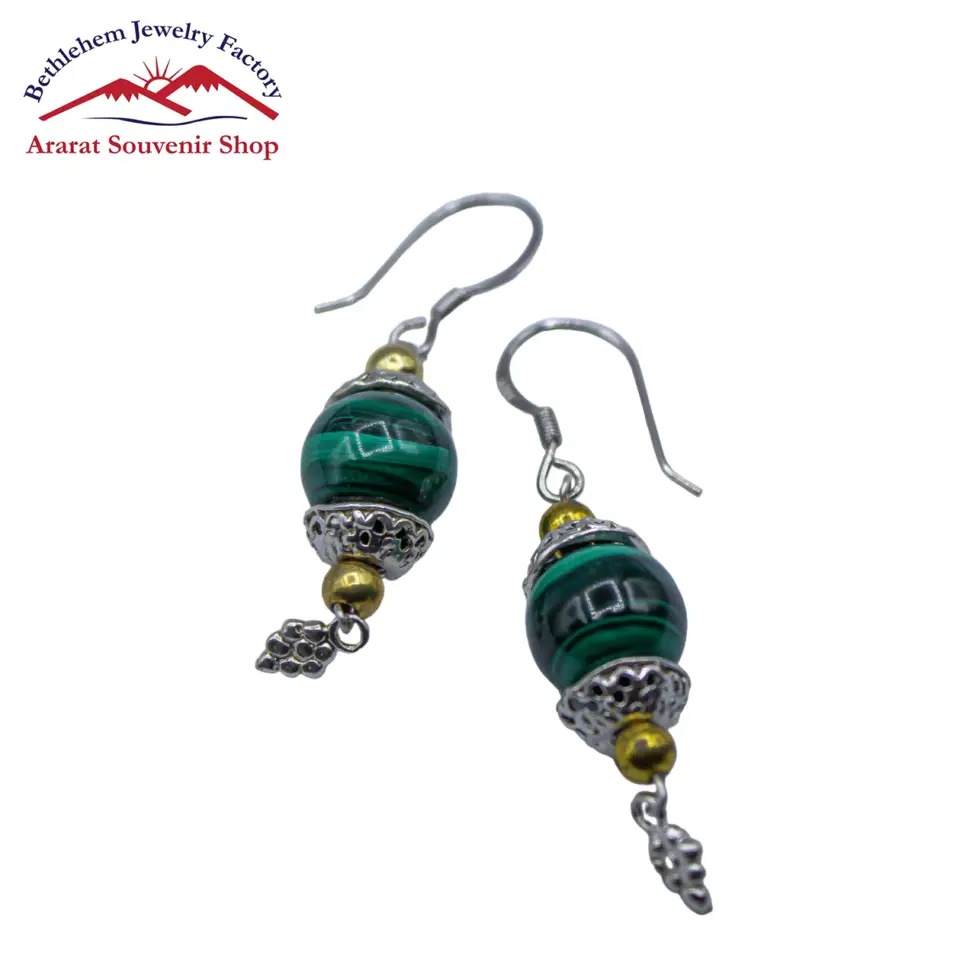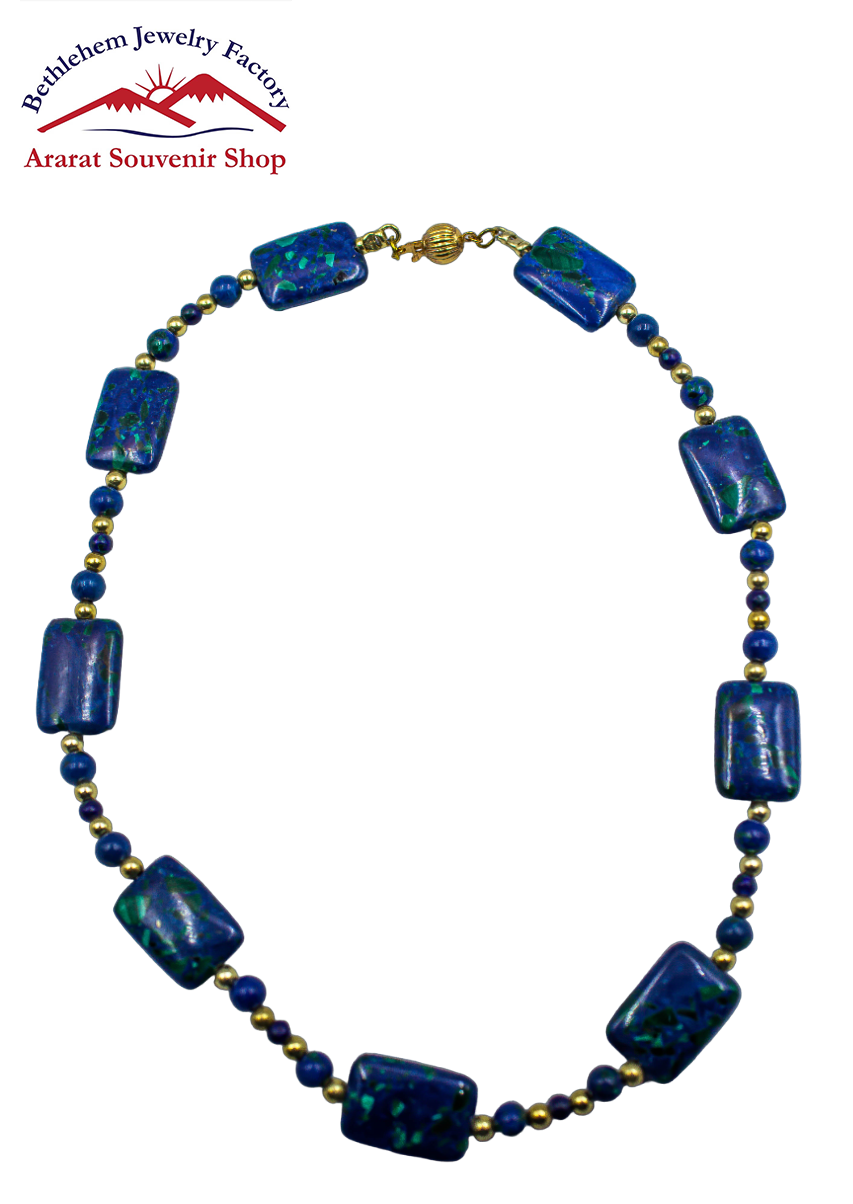### The Functional Elegance of Spoon Holders
Spoon holders, often overlooked in the realm of kitchenware, represent a unique blend of utility and aesthetic appeal in cooking and dining spaces. These cleverly designed tools serve a practical purpose while also adding a touch of style to the kitchen environment. In this overview, we will explore the history, types, materials, uses, and cultural significance of spoon holders, highlighting their essential role in cooking and dining experiences.
#### A Brief History of Spoon Holders
The concept of a spoon holder—or a vessel specifically designed to hold utensils—has existed for centuries, evolving alongside culinary practices and kitchen tools. Historically, various cultures utilized makeshift spoon holders made from materials readily available in their environment. For instance, in ancient culinary settings, wooden boards or flat stones often served as resting spots for utensils, preventing contamination of food and minimizing mess.
As the culinary arts developed and home cooking became more sophisticated, dedicated spoon holders emerged. In China, during the Tang Dynasty (618–907 CE), ceramic spoon rests became popular, featuring beautiful glazes and intricate designs. These early spoon holders were not only functional but also a showcase of artistry, often used during formal dining occasions. Similarly, in Europe, tin and pewter spoons were accompanied by ornate spoon rests, reflecting the craftsmanship and artistry valued during the Renaissance.
In contemporary kitchens, spoon holders have evolved into highly functional objects designed to meet various needs, blending seamlessly into the culinary landscape.
#### Types of Spoon Holders
Spoon holders are available in a wide range of styles, shapes, and materials, catering to different preferences and kitchen aesthetics. Here are some common types:
1. **Countertop Spoon Holders**: These are standalone holders placed on kitchen counters or tables. They typically feature a shallow basin where spoons rest, preventing them from touching surfaces. Made from materials such as ceramic, wood, or stainless steel, countertop holders can add a decorative touch to any kitchen.
2. **Wall-Mounted Spoon Holders**: Ideal for small kitchens or minimalistic designs, wall-mounted spoon holders save counter space. They may come in the form of racks or hooks where spoons can be hung, creating a visually appealing display while keeping tools within reach.
3. **Multi-Function Holders**: Some spoon holders are designed to accommodate multiple utensils, featuring designated slots or compartments for spoons, spatulas, and ladles. These versatile tools keep utensils organized and easily accessible in busy kitchens.
4. **Spoon Rests**: These smaller, often shallow dishes are placed on the stovetop or countertop while cooking. Spoon rests prevent utensils from directly touching cooking surfaces, minimizing mess and contamination.
5. **Decorative Spoon Holders**: Some spoon holders are crafted with artistic flair and serve as decorative pieces in addition to their practical function. These holders may feature intricate designs, colors, or motifs, enhancing the visual appeal of the kitchen.
#### Materials Used in Spoon Holders
Spoon holders can be made from various materials, each offering distinct advantages:
1. **Ceramic**: Known for its aesthetic appeal, ceramic is a popular choice for spoon holders. Available in various colors, patterns, and glazes, ceramic holders can serve as functional art pieces, adding character to kitchen decor.
2. **Wood**: Wooden spoon holders crafted from materials like bamboo or hardwood bring a rustic charm to the kitchen. They are durable, easy to clean, and often eco-friendly, appealing to those conscious of sustainability.
3. **Stainless Steel**: Modern designs often utilize stainless steel, providing a sleek, contemporary look. These holders are easy to clean, hygienic, and resistant to rust, making them a practical choice for busy kitchens.
4. **Silicone**: Silicone spoon holders are heat-resistant and flexible, making them an ideal choice for use on cooking surfaces. They are also easy to clean and can come in vibrant colors, adding a fun touch to the kitchen.
5. **Glass**: Glass spoon holders offer a sophisticated appearance, often featuring intricate designs or etchings. While they can be delicate, they elevate the aesthetic of any kitchen when used decoratively.
#### Uses and Benefits of Spoon Holders
Spoon holders serve multiple functions, greatly enhancing the cooking experience:
1. **Minimizing Mess**: One of the main advantages of using a spoon holder is minimizing mess during cooking. By providing a designated spot for utensils, they help keep countertops clean, preventing stains, spills, and cross-contamination.
2. **Enhancing Cooking Efficiency**: Spoon holders keep cooking utensils close at hand, reducing the time spent searching for tools. This organization can lead to a more efficient cooking process, especially in a hectic kitchen environment.
3. **Protecting Utensils**: Using a spoon holder can protect utensils from damage or wear, especially in high-heat cooking scenarios. It also helps prevent spoons and other tools from becoming contaminated with germs or bacteria from surfaces.
4. **Aesthetic Value**: Beyond their functional purpose, spoon holders can elevate kitchen decor. Whether ornate or minimalist, they add a touch of personality to cooking spaces, reflecting the owner’s style and culinary approach.
5. **Encouraging Mindful Cooking**: A designated spoon holder encourages organized cooking practices, prompting home cooks to be more mindful about their kitchen habits. This can lead to a greater appreciation for the culinary process.
#### Cultural Significance
Spoon holders have cultural significance across various societies, as they embody values associated with food preparation, hospitality, and artistic expression. In traditional settings, specific designs or materials may carry cultural weight, reflecting community identity and practices.
For example, in many Asian cultures, porcelain or stoneware spoon rests often feature beautiful motifs derived from nature, embodying themes of harmony and balance. Similarly, in Mediterranean cultures, colorful hand-painted ceramic spoon holders serve not only as functional items but also as symbols of rich culinary traditions.
In contemporary settings, spoon holders continue to reflect cultural identity while adapting to modern lifestyle pressures, emphasizing the blend of tradition and innovation in culinary arts.
#### Contemporary Trends in Spoon Holders
Recent design trends showcase the evolving nature of spoon holders in modern kitchens:
1. **Sustainable Materials**: A growing emphasis on eco-friendly materials has led to increased popularity for wooden or bamboo spoon holders and silicone products, appealing to environmentally conscious consumers.
2. **Personalization**: Custom designs allow cooks to express their individuality in the kitchen. Personalized spoon holders featuring names, quotes, or themed imagery make fantastic gifts and unique additions to any home.
3. **Mixed Materials**: Many contemporary spoon holders incorporate various materials, such as ceramic paired with wood or metal accents, creating striking visual contrasts and enhancing functionality.
4. **Minimalist Design**: The minimalist trend has influenced spoon holder designs, with simple, sleek, and unobtrusive holders becoming sought after for modern kitchens.
5. **Innovative Shapes**: Designers are experimenting with new shapes and forms for spoon holders, breaking away from traditional styles. Creative designs can serve as conversation starters while still being practical.
#### Conclusion: The Underrated Hero of Cooking
Spoon holders may not always get the attention they deserve, but their role in our culinary experiences is undeniably valuable. Whether elegant and decorative or simple and utilitarian, spoon holders enhance kitchen functionality and aesthetics alike. By helping minimize mess, organize utensils, and add a personal touch to cooking spaces, these often-overlooked items contribute significantly to the art of cooking.
As we continue to embrace the joy of cooking at home, understanding the value of spoon holders can elevate our culinary practices, serving as constant reminders of the elegance and utility that good design brings to our kitchens. Investing in a functional yet stylish spoon holder not only enhances the cooking experience but also showcases the beauty of thoughtful design and craftsmanship in everyday life.





Reviews
There are no reviews yet.